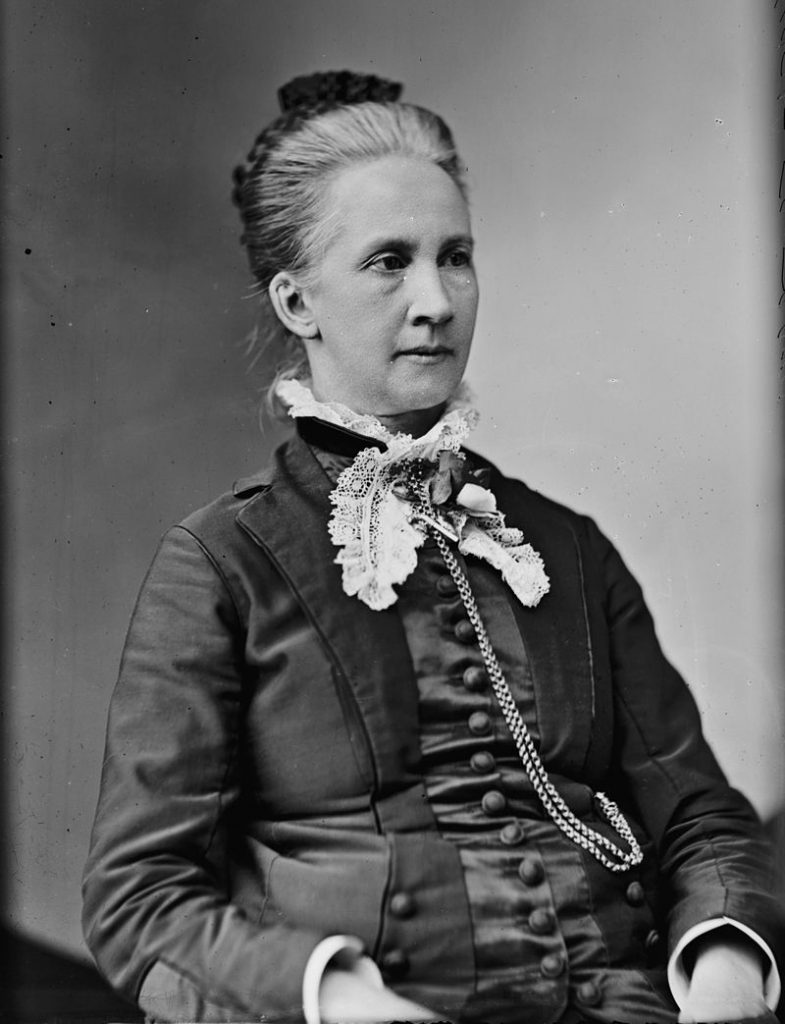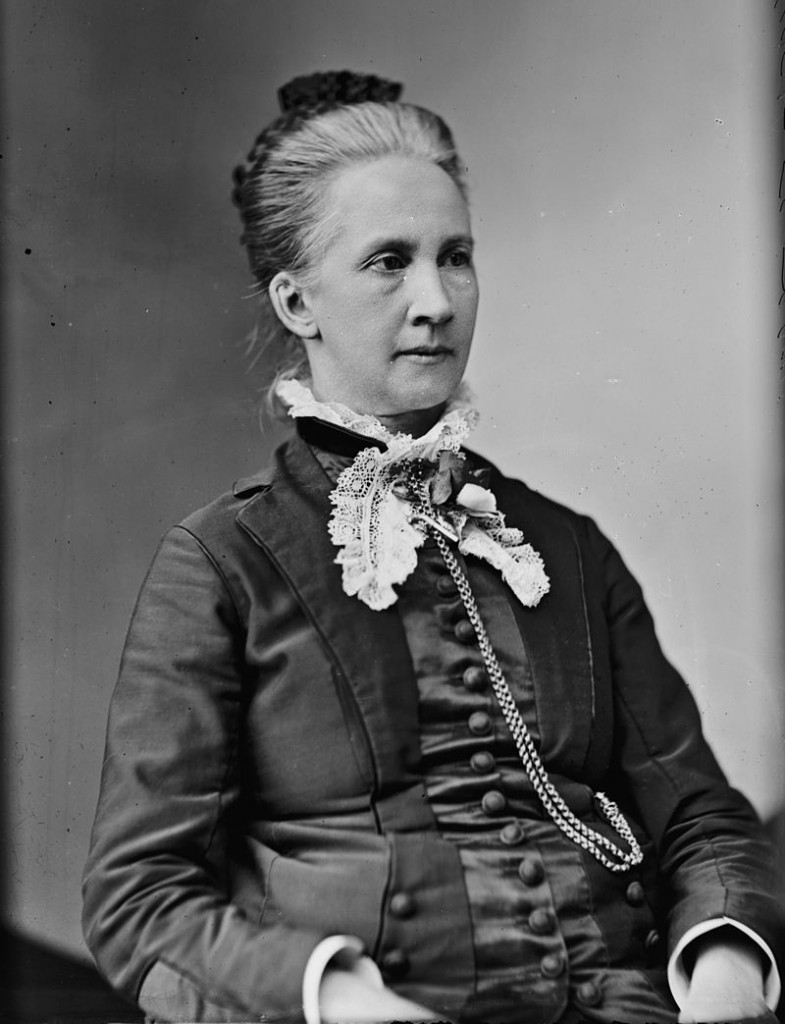Hillary Clinton has secured enough delegates to be the presumptive Democratic nominee for president. She’s the first woman to be a major party’s nominee, but she’s certainly not the first woman to make a run for the Oval Office.
A suffragist and one of the first licensed female lawyers in the U.S. Lockwood ran for president on the National Equal Rights Party ticket. The party’s main platform: equal rights, the same marriage and divorce laws state to state, and “universal peace.” The first woman to appear on a national ballot, Lockwood won just 4,000 votes nationwide. That means Lockwood ran for president…but couldn’t vote for president. (Women were finally granted the right to vote in 1920.)
Shirley Chisholm
The former teacher and New York state legislator made history in 1968 as the first African-American woman elected to the House of Representatives. She served until 1983, but in 1972 became the first woman to run for the Democratic nomination. Calling for a “bloodless revolution,” Chisholm did very well in Mississippi, New Jersey, and Louisiana, but ultimately came in seventh behind eventual nominee George McGovern.
Elvena Lloyd-Duffle
Generally when a president seeks a second term, other candidates from their party sit out the election in deference. Not so in 1996, when Bill Clinton faced opposition from Lloyd-Duffle. An accountant from Chicago with little political experience, she ran because she “sensed a call” to do so. She also had performed an audit on a large company and figured she could balance the federal budget. She told a reporter, “once the books have been reviewed, it can be done in three to four days.” Other plans: to enlist her estranged husband as her running mate, and give free college tuition to everyone. Nevertheless, Lloyd-Duffle won just 92,000 votes.
Carol Moseley Braun
In 1992, Braun was elected as a senator from Illinois, the first woman to defeat an incumbent male senator and the first African-American woman ever elected to the body. In 2003, Braun announced her candidacy for the Democratic nomination. After a third-place finish in the Washington, D.C. primary, she dropped out a few days before the Iowa caucuses.
Gracie Allen
In 1940, Gracie Allen, half of the popular comedy duo of Burns and Allen, announced on her radio show that she was running for president as the nominee for the Surprise Party. (In the tone her signature flighty persona, Allen said it was because her mother was a Democrat, her father was a Republican, and was born a “surprise.”) It was a joke candidacy of course, but Allen appeared on numerous radio shows in the summer of 1940 to explain her policies, such as alleviating the $43 billion national debt by putting it in a savings account “at two percent interest.” And unlike incumbent president Franklin Roosevelt, she promised so more fireside chats, at least not year-round: “Washington is awfully hot in the summer.” Despite a catchy campaign song (“Vote for Gracie”) and the actual endorsement of Harvard University, Allen didn’t win the election, but she did get a surprisingly robust 42,000 votes.









